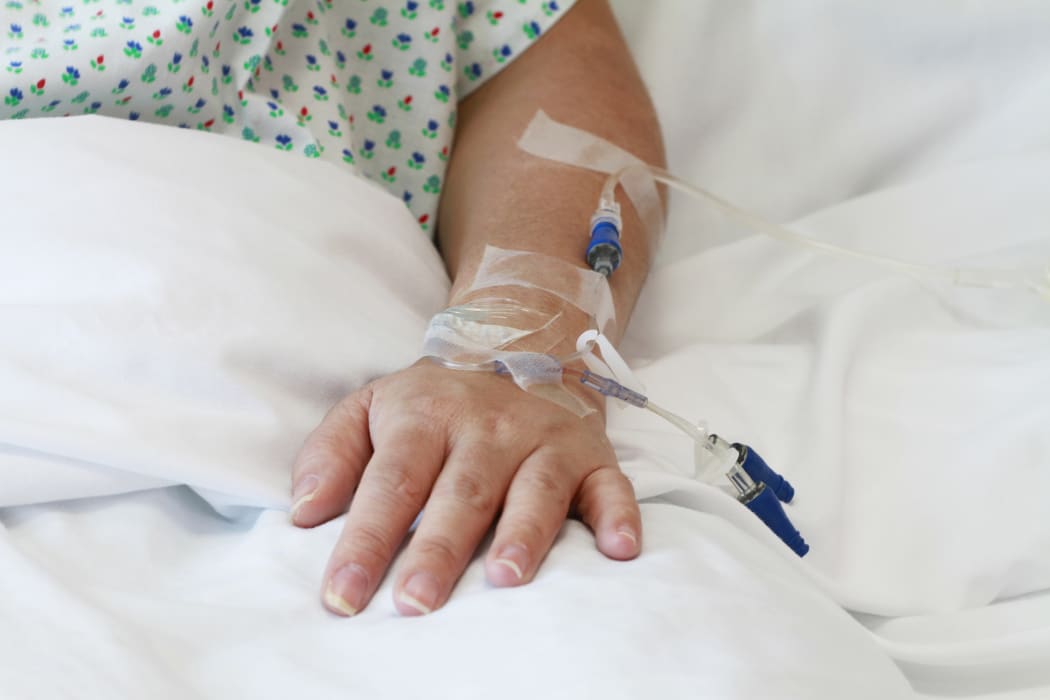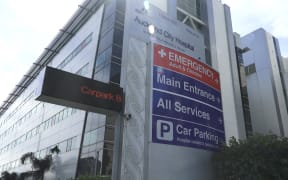People who attended the funeral of a woman who had typhoid may unknowingly return home with the highly contagious disease, an Auckland-based Samoan lawyer says.

Photo: 123RF
The woman was one of up to 18 people who became ill in a typhoid outbreak centred on a Samoan church in Auckland. She died in Auckland Hospital last Tuesday, and officials first notified the public of the outbreak on Friday.
Lawyer Olinda Woodroffe said in Samoan culture people travelled long distances to attend funerals.
"This woman would have had relatives from throughout New Zealand. She would have had relatives from Samoa. She would have had relatives probably from Australia.
"The issue is that we also need to get this story to Samoa to try and get people who may have been here. They may not be, but prevention is better than cure."
Ms Woodroffe said she also wanted to know who prepared the food for the funeral in Manurewa, as knowing the leftovers would have been taken home was unsettling.
The Labour Party said more information about the typhoid outbreak in Auckland needed to be made available before people gathered over the Easter break.
One person has died from the highly contagious disease, and 15 people have contracted it from an outbreak centred on a Samoan church.
The Labour Party's spokesperson for Pacific Island affairs, Su'a William Sio, said Samoan churches were very social with many people coming and going - particularly at significant religious times such as Easter.
"Now we have a case of people who have travelled from outside Auckland have met have embraced have been in contact with those with typhoid, and they've left.
"We don't know how fast the health services are able to track that number of people. But my concern is, if we don't contain this, it will spread."
The Auckland Regional Public Health Service (ARPHS) said it delayed releasing information to the public about the death to allow time for funeral arrangements, and the timing made no difference to the public health measures it needed to take. It was checking people who had been in contact with the church group.



